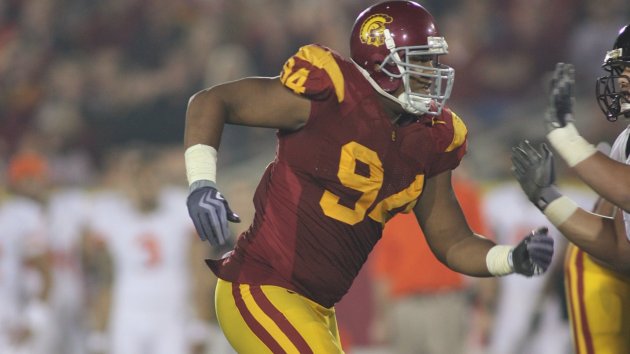Despite Risks, College Football Still Using Powerful Painkiller
Published at
 Jeff Golden/Getty Images(NEW YORK) — Despite stated label risks of possible fatal heart attack, stroke or organ failure, college football players across the country are still being given injections of a powerful painkiller on game days so they can play while injured, an ABC News investigation has found.
Jeff Golden/Getty Images(NEW YORK) — Despite stated label risks of possible fatal heart attack, stroke or organ failure, college football players across the country are still being given injections of a powerful painkiller on game days so they can play while injured, an ABC News investigation has found.
The drug, a generic version of Toradol, is recommended for the short-term treatment of post-operative pain in hospitals but has increasingly been used in college and professional sports, and its use is not monitored by the NCAA, the governing body of college sports.
Only two of the country’s top football programs, Oklahoma and the University of Nebraska, reported to ABC News that they have limited or stopped the use of the drug in the wake of growing concern about its risks.
Oklahoma said it stopped using the painkillers in 2012, but records show they were used consistently in 2010 and 2011.
Nebraska said its doctors now restrict its use.
“While team physicians reserve the option to use injectable Toradol, it is rarely prescribed, and its use has been avoided this season following reports of heightened concern of potential adverse effects,” Nebraska said in a statement to ABC News.
The top two college football programs, Notre Dame and Alabama, refused to answer questions from ABC News about the painkiller. They play for the national college championship on Jan. 7.
Controversy surrounding the drug has grown this year following claims by former USC lineman Armond Armstead that he suffered a heart attack after the 2010 season, at age 20, following shots of generic Toradol administered over the course of the season by the team doctor and USC personnel.
Copyright 2013 ABC News Radio


